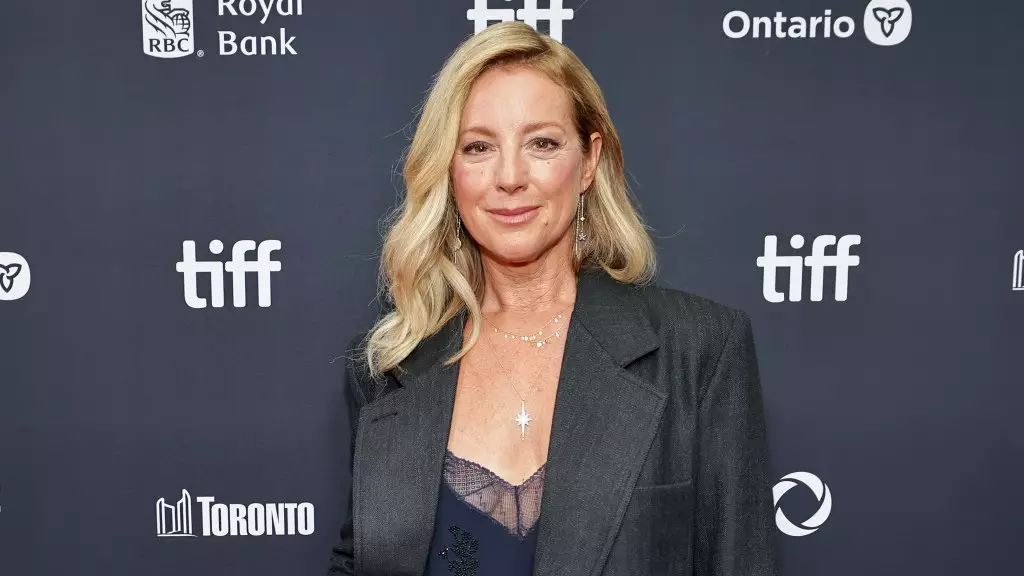In an era increasingly marked by division and suppression, the recent controversy surrounding the cancellation of the Lilith Fair premiere highlights a troubling shift away from core values of free speech and artistic expression. The incident, underscored by the decision of ABC News Studios to cancel the red carpet event and the subsequent refusal of key performers like Sarah McLachlan to participate, is emblematic of a larger cultural malaise. It reveals a society grappling with how best to balance social conscience with the fundamental right to dissent, a tension that often tilts toward censorship and silencing dissenting voices.
At the heart of this controversy lies a simple yet profound question: should art and public discourse be dictated by prevailing ideological narratives? The abandonment of the Red Carpet, ostensibly in response to a politically charged environment, signals an alarming capitulation by corporate and cultural institutions. Instead of safeguarding the platform for diverse opinions and artistic freedom, the decision seems driven by a desire to avoid controversy at all costs, thereby stifling honest conversation. This approach undermines the very foundation of a democratic society—an open marketplace of ideas where different perspectives can challenge, enlighten, or even oppose dominant narratives.
What’s particularly disconcerting about the response from figures like Sarah McLachlan is her acknowledgment of the broader cultural threats lurking beneath the surface. Her comments about women’s rights, trans rights, free speech, and societal progress reveal a deep understanding that current cultural shifts are not just about isolated incidents but are symptoms of a systemic retreat from liberal values. Her choice to forgo a performance as a stand for free speech demonstrates moral conviction, but it also underscores how fragile that freedom has become in the face of corporate cowardice and political pressure.
The incident also exposes how cultural institutions are increasingly being weaponized in ideological wars. Corporate entities, anxious to preserve their brand image, often cave to the loudest voices—regardless of whether they uphold the principles of open debate or free artistic expression. This self-censorship not only impoverishes cultural diversity but dangerously narrows the scope of societal dialogue. When artists and broadcasters appear to hide behind the guise of neutrality, the effect is a sanitized culture where uncomfortable truths are suppressed and dissent is quashed.
From a center-left perspective, this episode is a stark reminder of the importance of defending democratic values without leaning into extremism. It is precisely during times of societal upheaval that the principles of liberalism—individual rights, free speech, and tolerance—must be protected more fiercely, not abandoned. While it is understandable to feel disillusioned with some aspects of political discourse, surrendering to censorship only entrenches divisions and fuels right-wing populism that thrives on fear and repression.
Cultural expression is a vital vehicle for social progress. The celebration of diversity, the confrontation of uncomfortable truths, and the sharing of a broad spectrum of ideas are what allow societies to evolve. Censorship, whether subtle or overt, is the enemy of progress. When corporations or individuals prioritize political expediency over artistic integrity, they do a disservice to society’s collective growth and the core liberal values that protect minority voices.
As McLachlan’s principled stand demonstrated, unity in the face of adversity requires resilience and conviction. Her call for kindness and empathy, combined with her refusal to be silenced, exemplifies the kind of courageous liberalism needed today. Society must recognize that safeguarding free speech isn’t just about protecting artists or activists; it is about preserving the very fabric of an open, democratic society. Without it, we risk devolving into a culture of conformity and fear where dissenting voices are silenced and the pursuit of truth is replaced by manufactured narratives designed to maintain the status quo.
The real challenge lies ahead: resisting the gravity of censorship while fostering a cultural environment where diverse opinions can coexist. It’s essential to push back against corporate and political pressures that threaten to erode these fundamental rights. Society has to prioritize the protection of free expression, even when it’s inconvenient or controversial. Only by doing so can we ensure that the arts remain a true mirror of society—reflecting its complexities, its contradictions, and its aspirations. Otherwise, we risk losing not just our cultural vibrancy, but the essential liberal values that underpin a free and equitable society.


Leave a Reply